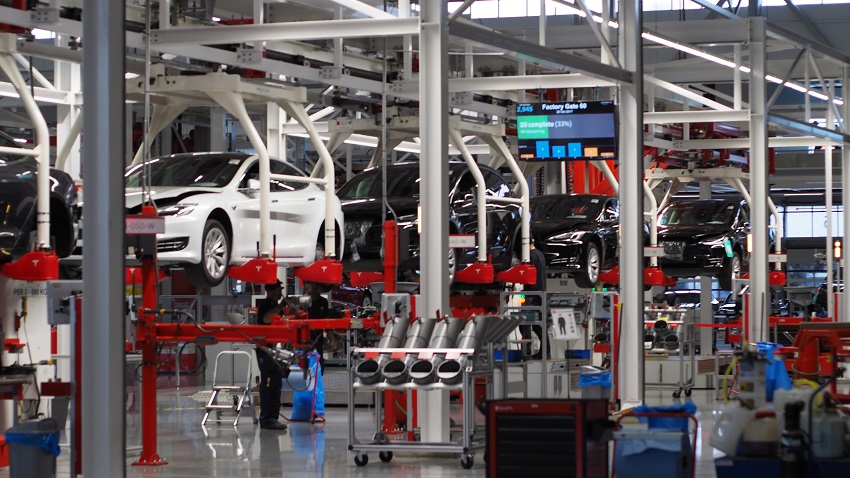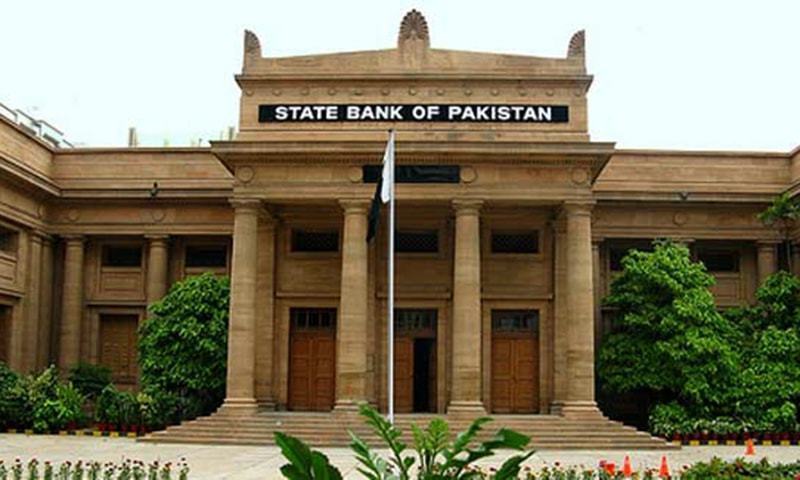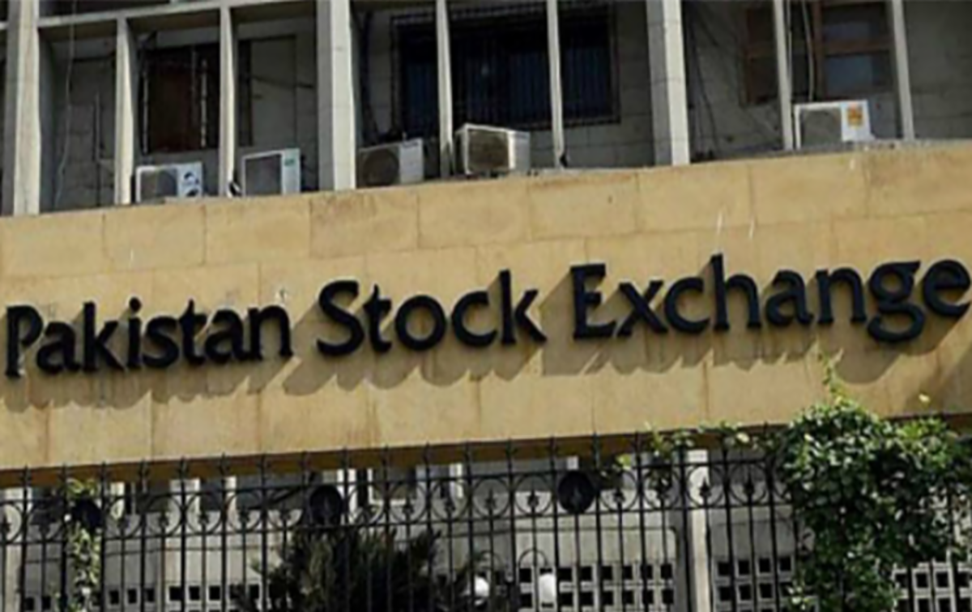April 17, 2019 (MLN): Pakistan joined the Asian Development Bank (ADB) as a founding member in 1966. The country has since been working with ADB to strengthen its key infrastructure, social services, and economic growth. A recent report titled “Asian Development Bank Member Fact Sheet” reveals that ADB has approved $32.2 billion in project assistance to Pakistan since 1966.
Aligned with ADB’s Strategy 2030, the country partnership strategy, 2015–2019 for Pakistan and the country operations business plan (COBP), 2019–2021 aim to deepen the country’s development partnership with ADB to build a resilient and prosperous nation. The new COBP shows that Pakistan’s sovereign operations will be increased significantly to $7.5 billion through 2021 with continued focus on energy, natural resource management, urban development, transport infrastructure, and institutional reforms, as well as re-engagement in education and health.
In 2018, the Government of Pakistan launched the National Disaster Risk Management Fund, the first of its kind in the country. ADB provided the initial financing of $200 million to set up the fund, with the governments of Australia and Switzerland contributing grants of $3.4 million and $1.5 million, respectively, the report said.
ADB is a leading development partner of the Government of Pakistan in the energy sector. The bank’s ongoing portfolio totals $2.8 billion and covers energy generation, transmission, distribution, energy efficiency, renewable energy development, and analytical tools and advisory assistance. In 2018, ADB approved a $280 million loan and $4 million grant from its High-Level Technology Fund to develop a more climate-resilient power transmission system in Pakistan, including the country’s first battery energy storage system.
In transport, ADB’s ongoing portfolio is valued at $2.2 billion and spans urban bus rapid transit corridors, border crossing points, Greenfield motorways and expressways, and existing national and provincial highways. The bank helped upgrade critical transport infrastructure to position Pakistan as an emerging regional trading hub, develop tourism corridors, and complement projects of the Central Asia Regional Economic Cooperation (CAREC) Program and the China–Pakistan Economic Corridor.
As a catalyst for private investments, ADB provides financial assistance to non-sovereign projects and financial intermediaries. Total commitments from ADB’s own funds (in equity and direct loans) in 2018 amounted to $3.14 billion for 32 transactions in economic and social infrastructure, the finance sector, and agribusiness.
ADB also actively mobilizes co-financing from commercial and concessional sources. In 2018, ADB mobilized $3.17 billion of long-term co-financing and $3.99 billion of co-financing in trade finance, microfinance, and supply chain finance programs. Total outstanding balances and commitments of non-sovereign transactions funded by ADB’s own resources stood at $12.7 billion as of 31 December 2018.
ADB began co-financing operations in Pakistan in 1974. Since then, cumulative direct value-added official co-financing commitments for Pakistan have amounted to $2.6 billion for 44 investment projects and $94.7 million for 54 technical assistance projects. Cumulative direct value-added commercial co-financing for Pakistan has amounted to $8.8 billion for 20 investment projects. In 2018, Pakistan received $23.62 million in grant co-financing from the Government of the United Kingdom and High-Level Technology Fund for two investment projects.
In 2018, ADB secured financing of $49 million ($37 million loan and $12 million grant) from the Green Climate Fund—supplementing a proposed loan of $442 million from ADB, the Asian Infrastructure Investment Bank, and Agence Française de Développement—to build a 30 km state-of-the-art bus rapid transit system in Karachi.
“Driven by domestic demand and improvements in law and order, energy supply, and public infrastructure, Pakistan’s economic growth has remained strong in recent years. The government, however, needs to address the vulnerabilities arising from the wider fiscal and current account deficits, falling foreign exchange reserves, rising debt obligations, and greater external financing needs” the report pointed out.
“Pakistan must continue to consolidate governance, increase exports, strengthen public enterprises, and improve business and regulatory environments to attract more investment and increase productivity” it added.
Nevertheless, the report said that ADB will continue to support Pakistan’s development through investments outlined in the COBP, 2019–2021. This includes greater use of smart technology and innovative approaches to achieving the Sustainable Development Goals. Pakistan’s current growth prospects will continue to be influenced by projects under CAREC, the China–Pakistan Economic Corridor, and other development initiatives. Program.
Copyright Mettis Link News
27483







